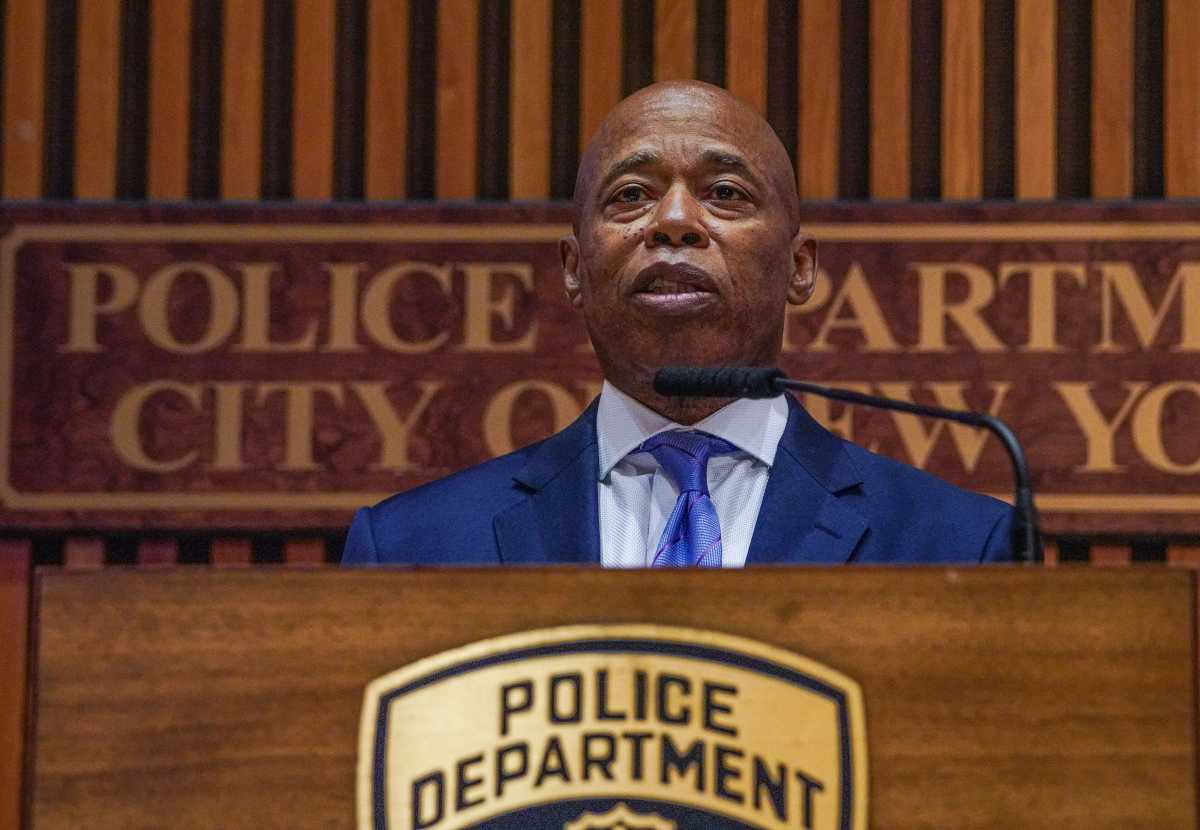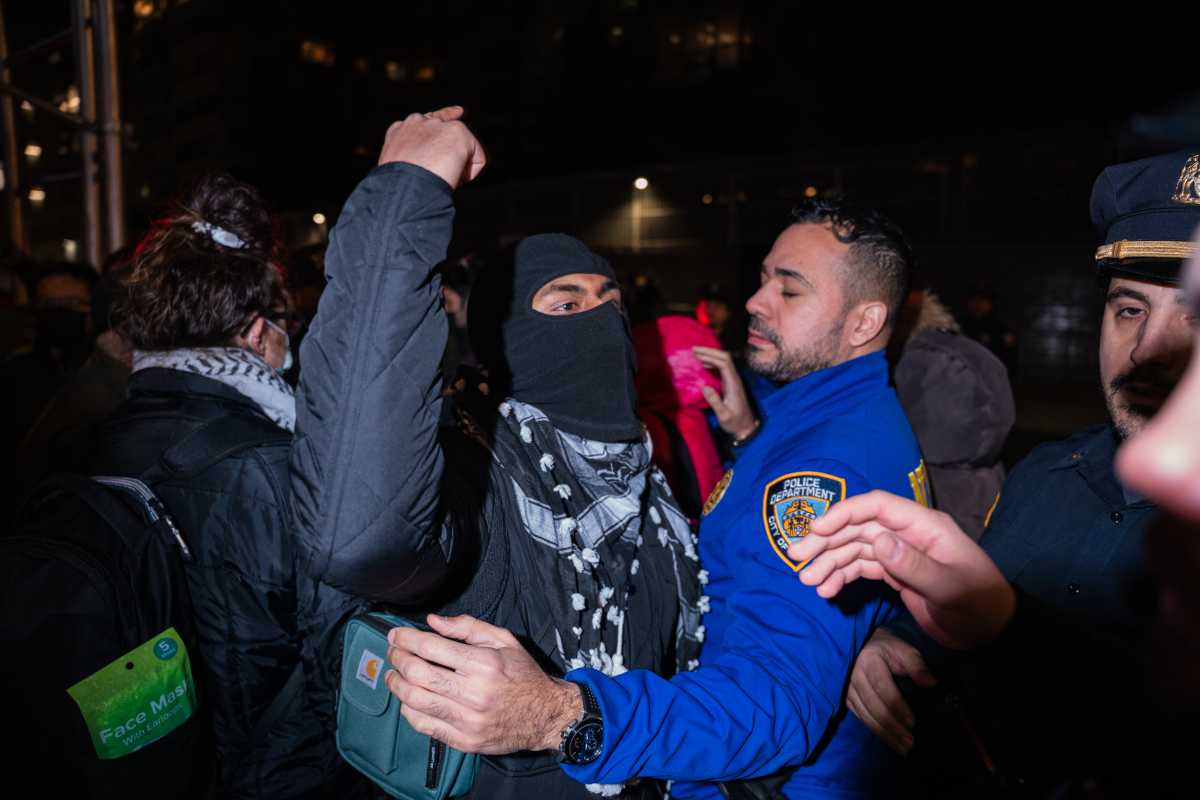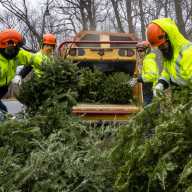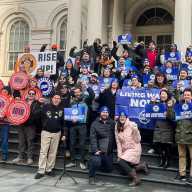It’s a shameful sight that’s all too familiar: cops hauling off disgraced politicians in handcuffs to face criminal charges of pilfering public coffers for personal gain, and dragging public trust through the mud because they saw their opportunities and took them, the public be damned.
Seven more suspected backstabbers masquerading as upstanding lawmakers made the rogue’s gallery last week, proving that public officials need an inspector general more than the NYPD to monitor their dirty dealings.
State Sen. Malcolm Smith (D–Queens) and Councilman Dan Halloran (R–Queens) allegedly schemed to buy Smith a spot in the mayoral race. Assemblyman Eric Stevenson (D–Bronx) was www.nydailynews.com/new-york/businessmen-stevenson-bribery-probe-investigated-article-1.1310234“>arrested for pocketing bribes in exchange for agreeing to cook up legislation to help a buddy. Bronx County Republican Committee Jay Savino resigned after being nabbed for allegedly accepting kickbacks to fiddle the mayoral race — a murky plot whose purported conspirators include Queens GOP Vice Chairman Vincent Tabone and two officials from Rockland County.
U.S. Attorney Preet Bharara was on the money when he said, “So here we go again, this is getting to be something of a habit!”
Clearly no jolt of self-awareness met the avalanche of crooked pols Bharara indicted last year, including now-shamed ex-state senators Pedro Espada (D–Bronx), Hiram Monserrate (D–Queens), Shirley Huntley (D–Queens), and Carl Kruger (D–Mill Basin) — the latter speaking some of his first truths in years when he howled tearfully at his sentencing, “I have no one but myself to blame!”
Corrupt politicians form a tawdry laundry list as old as the history of government.
Legendary Roman politician Cicero [106–43 B.C.] helped develop American democracy, but he loved a good smear campaign, and he wasn’t above doctoring public lotteries and hiring thugs to settle political scores.
We’ll likely find the answer to the chicken-egg question before we discover if power corrupts good people, or propagates the worst in bad folk. Yet the ability to influence the lives of others shines a mirror on our moral compass, leading to ethical routes or deviant bypasses depending on our personal standards of doing what’s right.
One graphic example can be found in the Stanford Prison Experiment of 1971, a two-week study that was stopped prematurely after the group of students selected randomly to improvise as prison guards over another group began to abuse their wards.
Pour unlimited cash into the power mill and it is small wonder that politics and corruption make likely bedfellows.
It is a partnership destined to bankrupt public morale, unless governments interlace their decisions with anti-corruption laws, demand a clear paper trail for all political transactions — from lobbying, fund-raising, spending, and contracting — and take a stronger stand on the scourge of political corruption.
It is simply the worst type of fraud around because it degrades ethical politicians and victimizes constituents pinning their hopes for a better quality of life on officials who paint themselves as paragons of virtue.
Corruption will exist as long as people inhabit the planet. But we can help reduce its systemic pox in our political arena through more oversight, and by disbanding the power-mad party machines that permit morally-askew delinquents to tarnish a noble office which they once swore to uphold.
https://twitter.com/#!/BritShavana
Read Shavana Abruzzo's column every Friday on BrooklynDaily.com. E-mail here at sabruzzo@cnglocal.com.
























